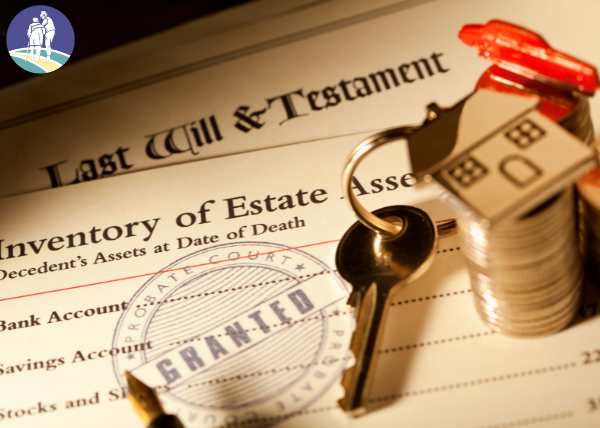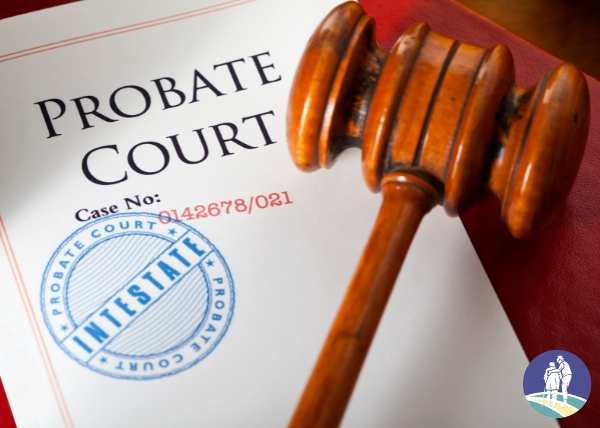
Losing a loved one is always a challenging and emotional time, and dealing with their estate can add another layer of complexity. If your loved one passed away without a will, a common question arises: Do you need a probate lawyer? While you may not always need a probate lawyer if there is not a will, there are some considerations before making the decision. Let's explore this topic and understand the role of a probate lawyer when there is no will.
Probate is the legal process of administering a deceased person's estate. It involves identifying and gathering the deceased's assets, paying debts and taxes, and distributing the remaining assets to heirs or beneficiaries.
If your loved one passed away without a will (intestate), the state's laws will dictate how their assets are distributed. While you may think this simplifies the process, it can still be quite intricate, depending on the size and complexity of the estate. One of the most significant drawbacks of intestate succession is the lack of control over asset distribution. Without a will, you can't specify how your property and assets should be divided among your heirs or beneficiaries. Intestate succession may also lead to higher taxes and limited protection for minor children or disabled beneficiaries.

Hiring a probate lawyer does come with associated fees, typically paid from the estate's assets. However, the assistance and expertise they provide often outweigh the cost, especially in complex cases.
In conclusion, while you may not always need a probate lawyer when there is no will, it's essential to consider the specific circumstances of the estate. Consulting with an attorney can provide peace of mind, streamline the probate process, and help ensure that your loved one's wishes, or the state's laws, are followed accurately and fairly. In these emotionally charged times, having a trusted legal professional can make a significant difference in managing the estate smoothly.
Our expert partner attorneys offer free consultations for your claim.